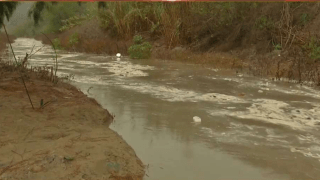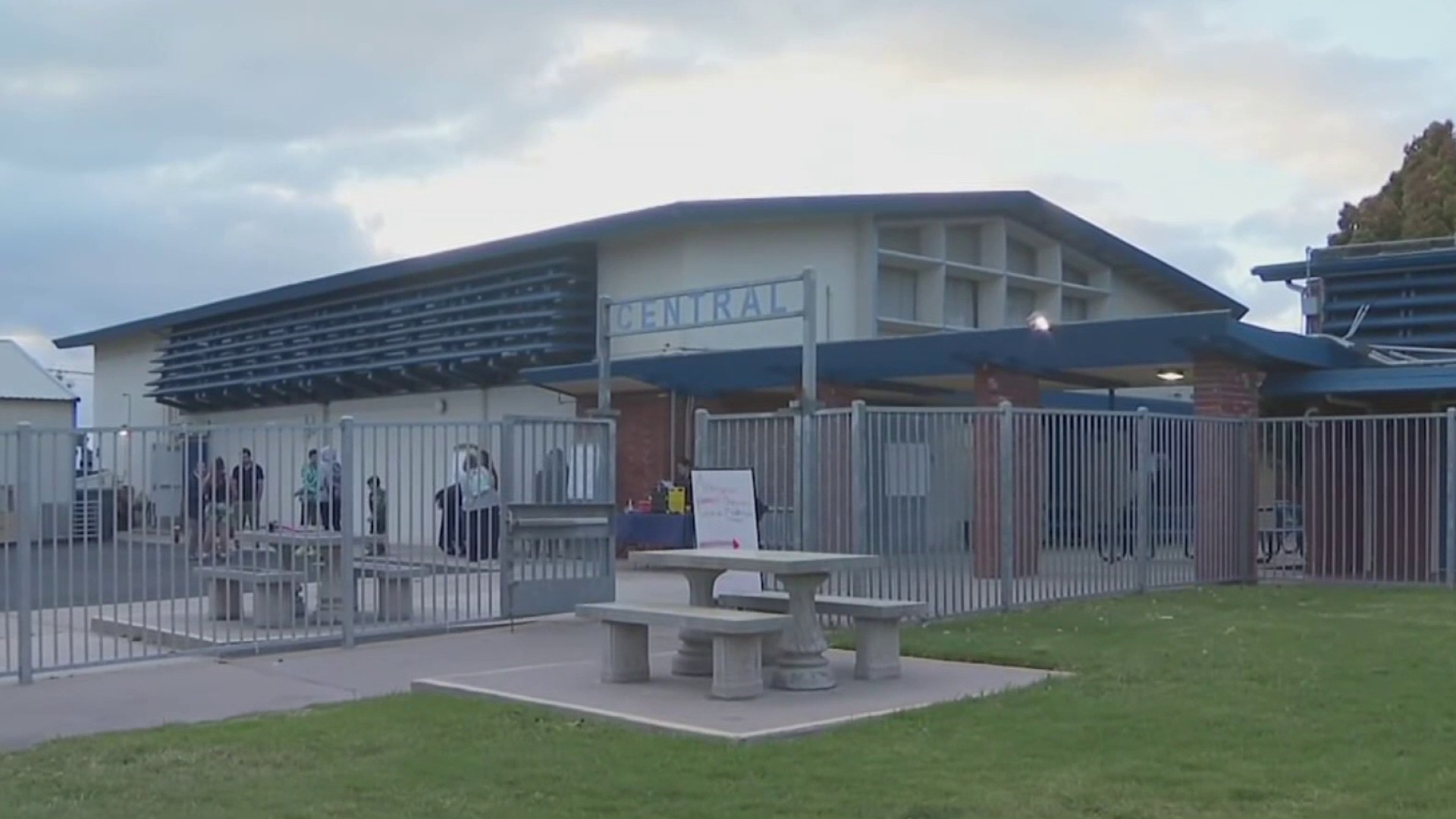
San Diego County health officials issued an advisory on Wednesday about ocean water quality in La Jolla, after extending a three-month beach closure yesterday in Imperial Beach due to sewage contamination in water samples.
The closure in southern San Diego County, which began on Christmas Day, now reaches the northern end of Imperial Beach, north of Carnation Avenue.
County staff collect samples at 81 San Diego County beaches each week.
Warning signs will remain on the Imperial Beach shoreline until weekly samples reveal levels of bacteria have dropped back to safe levels, according to the San Diego County Department of Environmental Health and Quality.
Get San Diego local news, weather forecasts, sports and lifestyle stories to your inbox. Sign up for NBC San Diego newsletters.
Most trails in nearby Tijuana River Valley Regional Park are closed due to muddy conditions.
This week's sample farther north at La Jolla Shores indicated the water there is still safe for swimming, and no restrictions are in place. The advisory indicates that recent wet weather may cause ocean water quality to change.
During dry months, when fewer than 30 million gallons of water flow through the Tijuana River daily, all of it is treated in Mexico before continuing into the ocean. As a result, most of the year, Tijuana River water flows into the ocean south of the border and continues southward, according to the department's website.
Local
During heavy rains, however, the river's flow is not diverted or treated, and contaminated water follows the river's natural course into the United States, where it can flow well north from the Tijuana Slough depending on the additional influence of tides and wind.
More information about park closures across San Diego County can be found online and more information about ocean water quality can be found here.



